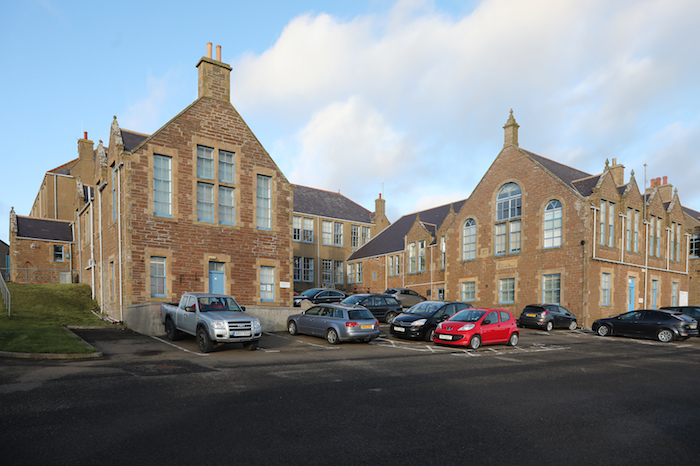

Stromness researchers secure £50k to promote hydrogen energy
Scientists at Heriot-Watt University’s Stromness Campus are exploring new ways to capture energy contained within water particles to help break the world’s dependency for fossil fuels.

A newly established network of partners from Norway, Iceland, Canada, and Orkney, are using latest technology to extract hydrogen from water. If successful, it could pave the way for a limitless source of clean energy.
More than £50,000 has already been secured for the Network from NORA — the Nordic Atlantic Cooperation — an intergovernmental organisation under the Nordic Council of Ministers.
The NORA region includes the Faroe Islands, Greenland, Iceland and Coastal Norway. Its goal is to create a vital and dynamic North Atlantic region, characterised by a strong and sustainable economy.
Hydrogen is the universe’s most abundant element but very little of it is freely available. It can, however, be produced through electrolysis of water, by using an electrical current to split hydrogen (H2) and oxygen (O2). If the electricity in this process is taken from a renewable source, then the resulting hydrogen can be used as a zero emission fuel.
Over the next two years, the international partnership — named the North Atlantic Hydrogen Learning Network — will develop and present a roadmap aimed at encouraging local governments to create ‘hydrogen communities’ in the North Atlantic region.
“Using hydrogen as an energy source is an idea that has been in existence around the scientific community for a number of years but it’s never really taken hold,” explained Dr Sandy Kerr director of the Stromness-based International Centre for Island Technology (ICIT)
“One significant obstacle is not enough current day technologies are ready for hydrogen as a fuel source, but with the creation of this new international group we can progress not only from a scientific angle but also with local government planning and policy making, which are absolutely crucial to its overall success.”
If successful, scientists will be able to use hydrogen as a fuel for a variety of uses including cars, buses and even ferries. They also aim to redress energy poverty in some of the world’s most remote regions, which typically have a greater reliance on fossil fuels due to a lack of renewable energy infrastructure.